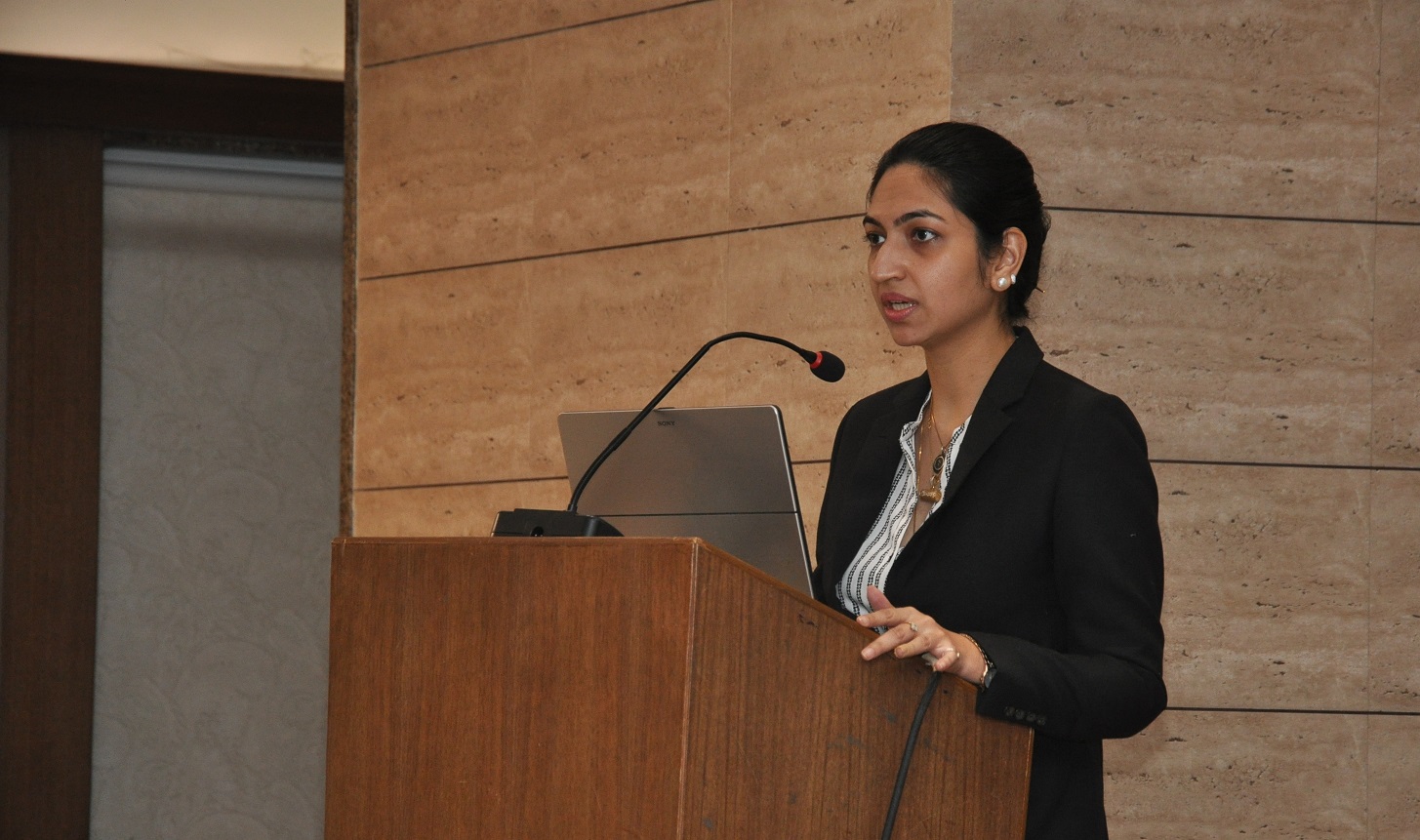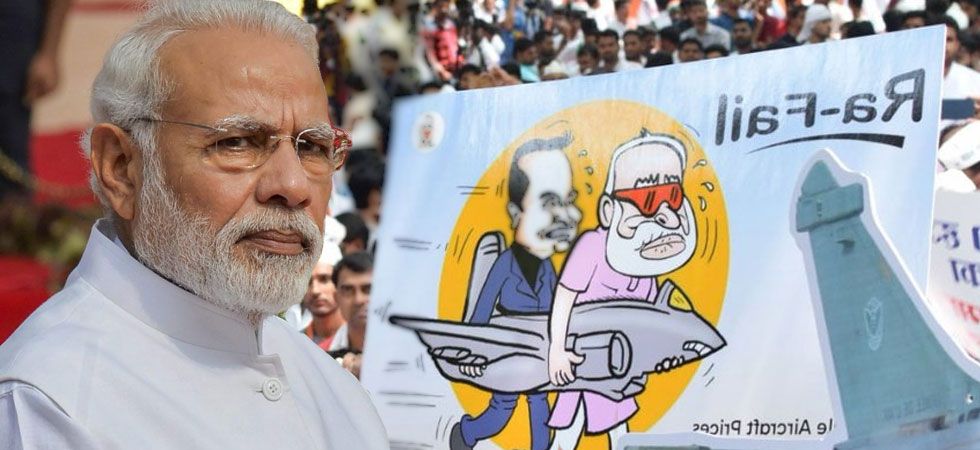Now Reading: In Conversation with Puneet Bhasin on scope of Cyber Law
-
01
In Conversation with Puneet Bhasin on scope of Cyber Law

In Conversation with Puneet Bhasin on scope of Cyber Law
In Conversation with Advocate Puneet Bhasin, Cyber Law Expert & Founder at Cyberjure Legal Consulting.
Advocate Puneet Bhasin is a Pioneer in Technology Laws in India and a Cyber Law Expert practicing in Mumbai in matters involving Cyber Crimes, E-Commerce and Intellectual Property disputes in cyber space along with advising Online Gaming companies/ Content based Mobile Apps and Set Top boxes, Payment on Demand Video providers about the legalities of the same. She is the Founder of Cyberjure Legal Consulting, a Mumbai based firm specializing in Technology, Media and Entertainment Laws. Among the first in India to lay the foundation of Cyber laws and Online Entertainment laws. Most Nationalised Banks, Multi-National Corporations and Companies are her clients for Cyber Crime cases along with Information TechnologyLaw Audits, GDPR Compliance Audits and Cyber Security Audits. She is a pioneer of Blockchain Laws in India and the only advocate practicing in Smart Contracts Legal Compliance and legal compliance of Blockchain Applications. For detailed profile, Click Here
What inspired you to join law, were you able to satisfy yourself inspiration?
- I don’t know if there was any inspiration or not? I firmly believe that whatever we have in life is already decided for us. So, even for me it was like law choosing me, rather than I choosing law. Out of all the courses, it was the law course which attracted me. Within a week to the college, I had realized that this was the place I wanted to be in. I would say that, rather than me, it was destiny and god’s grace to bring me to the right place and career.
How was your law school journey?
- I think that was among phases in which I grew up a lot. So, I joined law school at the age of seventeen, and when I graduated and came out at the age of twenty one and half, I was a very different person. The five years of the law school completely changed my life. The exposure at the law school helped me a lot to build a career thereafter. GLC played a very big role in my life not only academically but there are other aspects to practice which are important as well. Like there is a lot of stress in GLC for the activities like the Moot Court, Internships etc. I started to intern at a very young age of seventeen. Our college timings were till 12:00 Noon and then I used to intern till 9:00 PM in the night. So, it was easier for me to figure out that what to do in future.
What’s the best thing about your job?
- I never applied for the placement in my college. I took up long term internships because you never learn in a short term internship of a week or two or four weeks. I did internships in law firms, arbitration firms etc, but at the end of fifth year, I realized that I never wanted any of them. So, it was better that instead of joining a law firm after completing my course and then realizing that I didn’t want this and to leave it after a certain time. I was interested in Cyber law and I found that at that time no firm was hiring in that field. So, it was more like taking a chance and seeing that where it goes.
Why did you pursue your career specifically in the field of Cyber law?
- Me choosing law or a divine intervention that law choosing me…was there… When I was in 11th grade, I was keenly interested in computer programming and learning the cyber space things. So, I joined NIIT for two years to learn the computer programming. Then I joined the law school where I choose the cyber law branch, there one of the professors assigned me the cyber criminal law investigation case. So, I developed an interest in the Cyber law.
What are the various aspects of Cyber law in the growing world today and in what matters our national legal system is still backing behind?
- When I joined the cyber law field, there were only feature phones in the market. Only Blackberry was there in smart-phones, which was out of the reach of general public. Today, everyone is a prospective victim of cyber crime be it through your E-Wallet, Payments or Social Media. We are also culprits as we also download illegal movies, songs etc. Then apart from that committing all kinds of offences like group posting or cyber bullying. So, the cyber field has increased its horizon and dynamics has also changed a lot from the time I started my practice in this field. Regarding the infrastructure, in Maharashtra there is a lot of improvement but still we don’t have a judge adjudicating the cyber law cases full time. In other states, the condition is worse.
What will be your advice to law students who want to build career in cyber law?
- This is a new field and students are excited to join this, but honestly just because a field is new and it will have a lot of opportunity is something which is not the case, for example criminal law is an everlasting field. So, it is a growing field and if one wants to excel, he/she needs to be passionate enough to survive in this field.
The European Union (EU) has taken the lead in amending its existing data protection laws through the introduction of the General Data Protection Regulation (GDPR): According to you how does it affect India?
- It definitely affects India because it has certain provisions for the neighbourig and other states to adopt the smilar policy. A lot of provisions of GDPR are applicable in our domestic laws. So, in the field of business as well it affects…because the common methodology is that everyone’s data is sold everywhere. Business intelligence is new doing to it. It is definitely useful when you are dealing with the EU customers, EU Clients and EU citizens.
What keeps you going in this new, challenging and emerging field of Cyber Law? How tough is this to convince the judges of the Indian court while dealing with a cyber law cases?
- Today the younger generation is the technology friendly generation but the Indian Judges are not as young as 20s or 30s. They are someone who has adopted the technology at a later stage of their lives. So, definitely they need to know the various aspects of the cyber crimes which are changing its dynamics every single day. You cannot expect the judges of older generation to be technologically advanced, but they are improving very fast and especially in Maharashtra, the judges are technology friendly. They are open to understand the various aspects of cyber law.
If we move on from Maharashtra, we have seen in the states of Uttar Pradesh or Bihar that the incidents of mob-lynching and other violent are increasing due to the cyber crimes? So, do you think that we need a law to curb these activities in India?
- Obviously… because people blindly believe on what they read on WhatsApp, what they see on YouTube…nobody really questions about its genuineness…its dangerous for our population…and definitely these things influences people a lot and so, we need a law to deal with such issues.
What would you suggest for the students who are new to the law profession and those who are graduating?
- I would simply suggest that the best methodology to achieve what you want is that take a pause, sit back close your eyes and see where do you wish to be in next ten or fifteen years of time frame. Don’t run behind money, don’t run behind popularity. If you follow your passion, success will follow.
How do you measure the success of any person in their career?
- If you are sleeping in night peacefully and you are able to get up in the morning and go to the work with same jubilant and happiness for the work, you are successful.
Interviewed by Vishal Kumar Singh, Asst. Director-Operations, Legal Desire Media & Publications.
Send your feedbacks and tip for interviews to info@legaldesire.com







